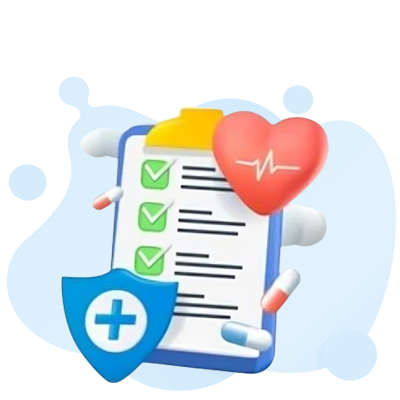AMAP (Assistive Medication Administration Personnel) Test

The AMAP Test checks if you know how to give medication safely. This test is for healthcare workers in places like nursing homes. By passing, they show they understand how to give the right medicine to the right person at the right time. They also learn how to handle medicines safely and what to do if a patient refuses their medicine or if there is a mistake.
Free AMAP Practice Test Online
It’s an important test for people who work in long-term care, like assisted living and nursing homes. They must make sure the residents get their medicine correctly. Passing this test helps them protect the people they care for.
Key Takeaways
- The AMAP test evaluates healthcare workers’ competency in safe medication administration protocols.
- Passing the AMAP test demonstrates understanding of the six rights of medication administration.
- The AMAP credential is essential for those working in long-term care facilities, such as assisted living and skilled nursing homes.
- The AMAP test ensures healthcare workers can properly handle, document, and respond to medication-related issues.
- Passing the AMAP test is a critical step in maintaining patient safety in long-term care settings.
Understanding the AMAP Role and Eligibility
Medication administration means helping people take, apply, or inhale drugs. This covers both prescription and over-the-counter meds. Delegation, on the other hand, is giving a specific job to someone else, often someone who reports to you. It comes with the power and responsibility needed to complete that task or role.
Facilities Approved for AMAP Program
The Approved Medication Assistive Personnel (AMAP) program works in specific places. This includes Intermediate Care Facilities for Individuals with Intellectual Disabilities (ICF/IID), Assisted Living Residences (ALR), and private homes where healthcare services are provided under the supervision of a Registered Nurse (RN).
Eligibility Requirements for AMAPs
To join the AMAP program, you need to meet some tough criteria. You must have finished high school or got a GED. Be sure you know CPR and First Aid. You also need to pass a skills test and get retrained every two years. The Registered Nurse (RN) watches over all AMAPs. They make sure they are qualified and up-to-date on the right training and education for caregivers.
If an AMAP isn’t doing their job right or lies about it, their permission can be taken away. The RN takes care of this. This helps keep the people in their care safe in long-term care facilities, assisted living, and skilled nursing homes.
| Eligibility Criteria for AMAPs | Requirements |
|---|---|
| Education | High school diploma or GED |
| Certifications | CPR and First Aid certified |
| Competency Exam | Pass a state-approved written, computer-based test |
| Retraining | Participate in a retraining program every two years |
| Nurse Aide Experience | At least one year of full-time experience as a nurse aide |
| Training Program | Complete a 30+ hour state-approved training provided by an RN |
| Monitoring and Supervision | RN conducts quarterly observations and ensures retraining |
The AMAP program is key for healthcare workforce development. It creates chances for caregivers to help with medication administration protocols. They also help keep patient safety a top priority in many long-term care facilities.
Medication Administration Routes and Limitations
AMAPs are key in keeping patients safe in long-term care. They give medicines in different ways, as directed by doctors. This includes ways like taking by mouth, dissolving under the tongue, eye drops, ear drops, and more. It’s crucial that the doctor’s instructions for the right route are clear to avoid problems.
Permitted Routes of Administration
AMAPs can give medicines in special ways like by mouth or through the skin. These ways are decided by doctors and must be used correctly. This ensures the patients stay safe while getting their medicine.
Prohibited Activities for AMAPs
Some tasks are not for AMAPs to do. They should not give shots, wound care, or handle new medicine orders. Only licensed health pros, like nurses, can do these tasks. This rule keeps patients safe and ensures medicine is managed well.
Conclusion
The AMAP (Assistive Medication Administration Personnel) Test is very important. It checks how well healthcare workers, like nursing assistants, know about giving medicines safely in long-term care.
If you pass this test, it shows you know the correct medication administration protocols. These include the six rights, how to document, and what to do if there are problems with medicines.
The AMAP program is allowed in some long-term care places. People who want to join this program must follow strict rules. AMAPs can give medicines in different ways. But, they can’t do certain tasks like giving shots or writing down new medicine orders.
The AMAP test and program are key for patient safety in long-term care. They make sure healthcare workers, including nursing assistants, are ready for their role. This includes helping residents with their medicines in places like assisted living, nursing homes, and memory care units.

